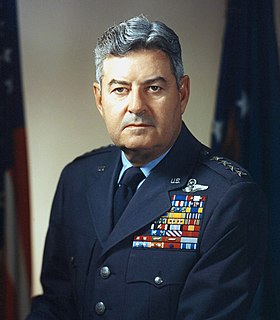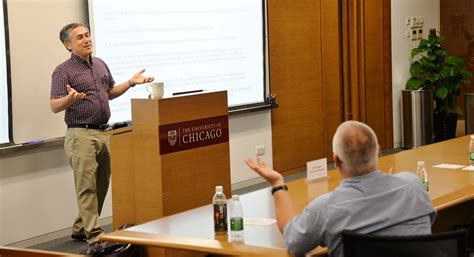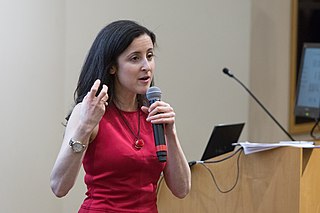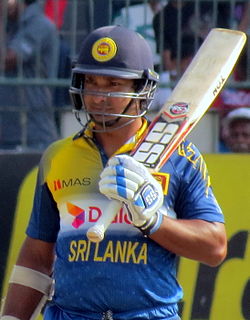A Quote by Pico Iyer
I'd spent thirty years visiting the Dalai Lama, and twenty years as a journalist going to difficult places, war zones and revolutions from North Korea to Haiti and Beirut to Sri Lanka, and the question came up: What does this man have to offer to this world which seems so torn up and so attached to conflict?
Related Quotes
A friend told me of visiting the Dalai Lama in India and asking him for a succinct definition of compassion. She prefaced her question by describing how heart-stricken she'd felt when, earlier that day, she'd seen a man in the street beating a mangy stray dog with a stick. "Compassion," the Dalai Lama told her, "is when you feel as sorry for the man as you do for the dog."
Sri Lanka is an island off the coast of India. There's two ethnicities there; one the Sinhalese, which is the majority and the government, and the minority, who are the Tamils. That's where I'm from. And my lifetime sort of began there; I spent 10 years, and I was there during when the war started and fled as a refugee to England.
We went over there and fought the war and eventually burned down every town in North Korea anyway, someway or another, and some in South Korea too. Over a period of three years or so, we killed off - what - twenty percent of the population of Korea as direct casualties of war, or from starvation and exposure?
Obviously, the US does not want a shooting war with North Korea. But there has to be some path out of this situation that is also presented that is peaceful. We have sanctions, we have deterrence, but the third leg of any resolution to this problem has to be dialogue. It seems prudent for the US to not only threaten North Korea, but to also offer a way forward.
On both of my major trips to North Korea, the leaders of the country made it plain that they want to make progress towards doing away with nuclear weapons and towards ending the longstanding, official state of war which persists between North Korea and the United States and South Korea, a war which has continued since the ceasefire over fifty years ago. That sort of thing happens quite often when we meet with people who are kind of international outcasts with whom the government of the United States won't meet.
China is ruthlessly pragmatic. It supports North Korea for its own selfish interests. And I believe that China no longer considers us an ally. The current president, Xi Jinping, cultivates close relations with South Korea. He has never met with me, the leader of North Korea, something that the leader of China has always done. At the grand celebrations in Beijing two years ago commemorating the 70th anniversary of the end of World War II, he placed the president of Russia and the president of South Korea at his side. In North Korea, we pay a lot of attention to ceremonies and what they signal.
To say that the United States has pursued diplomacy with North Korea is a little bit misleading. It did under the Clinton administration, though neither side completely lived up to their obligations. Clinton didn't do what was promised, nor did North Korea, but they were making progress. So when Bush came into the presidency, North Korea had enough uranium or plutonium for maybe one or two bombs, but then very limited missile capacity. During the Bush years it's exploded. The reason is, he immediately canceled the diplomacy and he's pretty much blocked it ever since.
Strange to wake-up this morning as a former ODI cricketer, but it's been a great honour and privilege playing for Sri Lanka during the past 15 years. At the end of the day, I am very fortunate to have enjoyed a long career playing with and against some great players. Thanks for all the encouragement and support over the years.
You take a look at the history of African Americans in the US. There's been about thirty years of relative freedom. There was a decade after the Civil War and before north/south compact essentially recriminalized black life. During the Second World War there was a need for free labor so there was a freeing up of the labor force. Blacks benefitted from it.





































